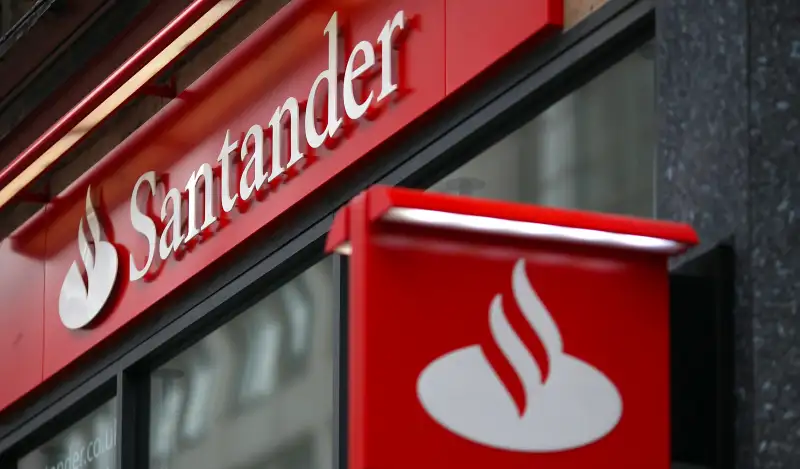Santander Bank Fined $10 Million for Illegal Overdraft Fees

The Consumer Financial Protection Bureau ordered Boston-headquartered Santander Bank to pay $10 million, claiming the regional bank deceptively marketed its overdraft program to customers.
According to the consumer protection agency, from 2010 to 2014, the bank employed telemarketers to sell its “account protector” service, which authorized Santander to pay out ATM transactions and one-time debit card purchases—even if they overdraw the account—and then charge a $35 overdraft fee on each transaction. The bank rewarded these sales reps with higher hourly rates when they met sales quotas.
But the CFPB found the telemarketers improperly signed up customers for the service without their consent, as well as misled others that the service was free. In some cases, the telemarketers falsely told customers they would be charged overdraft fees on ATM and one-time debit card transactions regardless of whether they signed up for account protector.
Banks cannot charge customers a fee for an overdraft from a debit card purchase or at an ATM unless they “opt-in” to overdraft coverage for these transactions, according to the CFPB. If customers decline to opt-in and their accounts lack the money to cover a transaction, then the bank won't make the money available to complete it.
The case against Santander—which primarily serves customers in the Northeast—is latest salvo in the CFPB’s fight against deceptive banking practices. Last year, the CFPB fined Regions Bank $7.5 million for unlawful overdraft practices.
“Santander tricked consumers into signing up for an overdraft service they didn’t want and charged them fees,” CFPB Director Richard Cordray said in a statement. “Santander’s telemarketer used deceptive sales pitches to mislead customers into enrolling in overdraft service. We will put a stop to any such unlawful practices that harm consumers.”
In addition to the fine, the CFPB ordered Santander Bank to give customers the chance to actually opt-in for the overdraft protection service. The agency also ordered the bank to stop using a telemarketing vendor to sell its overdraft service and increase oversight of any financial services sold by vendors.
Santander blamed the telemarketing firm it had hired—unnamed in the agency's complaint—and said it had since dropped the company. "These actions, which occurred several years ago, do not reflect our values and fell short of the high expectations we have for ourselves and our vendors," a bank spokesperson said.